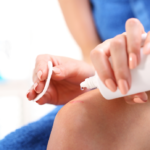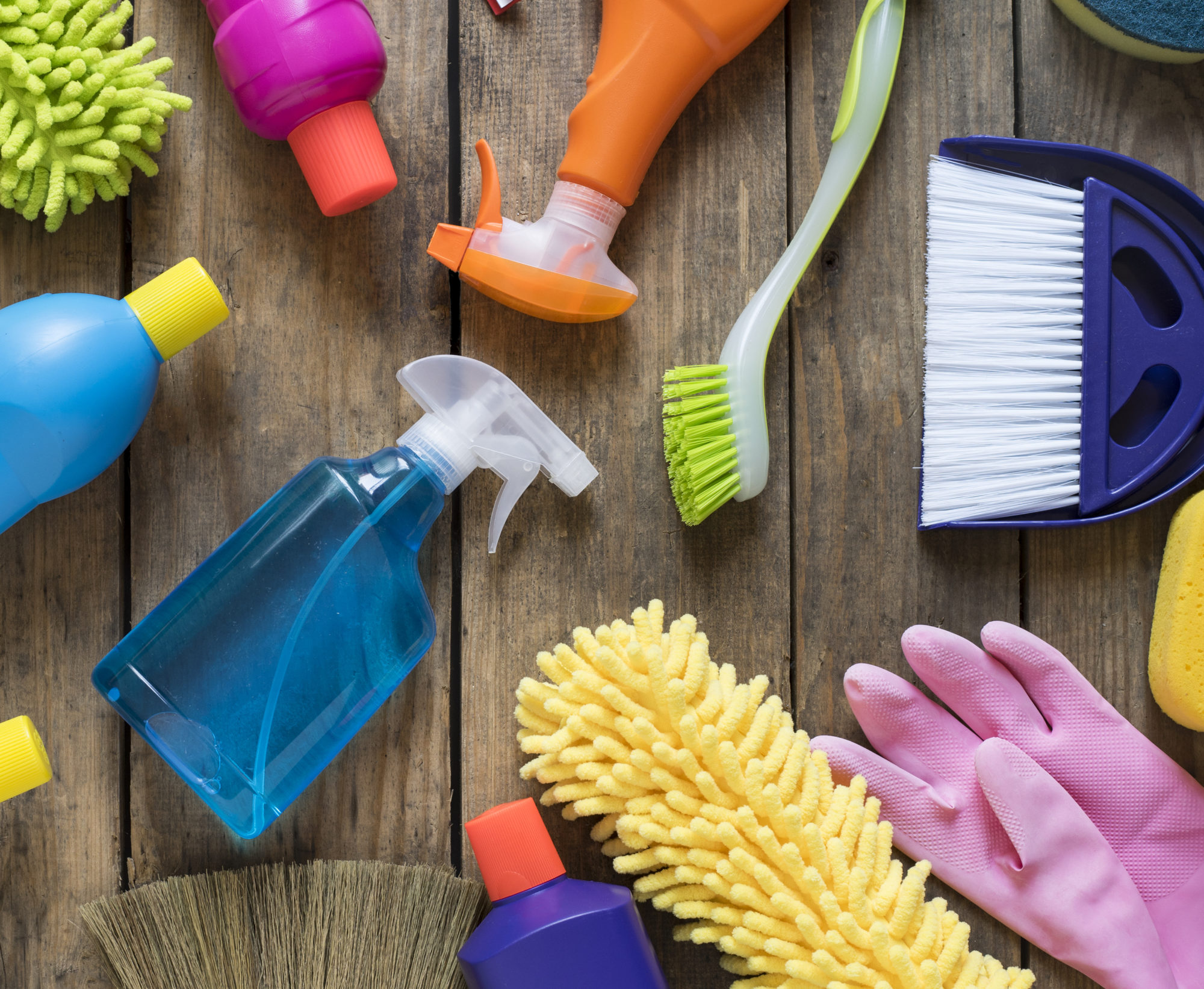
If you do not clean them properly, minor cuts and scrapes can result in a trip to the hospital. It is important to know how to clean a skin wound as soon as possible. This can help prevent infection, lessen any irritation and speed up the recovery process.
Visiting a doctor immediately after becoming wounded is only necessary if the wound is large, deep, has an object in it you cannot remove, or if it is too painful to clean at home. If it does not fall under any of these categories, you can clean a skin wound at home by following these directions:
Pre-Clean
- Whenever you can, you should clean your own wound because you are the best judge of your pain threshold. Wash your hands. Put on disposable medical gloves if you have them.
- Skin wounds usually stop bleeding on their own, but if bleeding continues past a minute, apply gentle pressure to the wound with a sterile cloth or bandage and elevate it.
Cleaning a Skin Wound
- Use a large amount of clean water to rinse off the wound.
- Clean around the wound with a cloth wet with water and soap, being careful not to get any soap inside it.
- If dirt or debris remains in the wound after washing, use tweezers sterilized
with rubbing alcohol to extract those remains. Avoid the use of hydrogen peroxide, iodine or an iodine-containing cleanser, which can be irritating to tissue already injured. As mentioned earlier, see a doctor if there is any debris you cannot remove. Do not poke tweezers deep into a wound (beyond the first layer of skin)!
Post-Clean
- Apply a thin layer of an antibiotic cream, such as Polysporin, to a newly clean skin wound to prevent dryness. Although creams and ointments do not make a skin wound heal faster, it reduces the risk of infection.
- Cover the skin wound with a bandage, unless the injury is just a minor surface scratch. In that case, it is best to leave it uncovered and let it air out. If you decide to use one, change the bandage at least once a day.
Even after establishing daily cleaning of a skin wound, you should check for signs of infection. These include lack of evident healing, redness, warmth, and swelling. If you clean a skin wound regularly, you should not have to see a doctor about it, but you must remember it is always a possibility when you are injured.

 with rubbing alcohol to extract those remains. Avoid the use of hydrogen peroxide, iodine or an iodine-containing cleanser, which can be irritating to tissue already injured. As mentioned earlier, see a doctor if there is any debris you cannot remove. Do not poke tweezers deep into a wound (beyond the first layer of skin)!
with rubbing alcohol to extract those remains. Avoid the use of hydrogen peroxide, iodine or an iodine-containing cleanser, which can be irritating to tissue already injured. As mentioned earlier, see a doctor if there is any debris you cannot remove. Do not poke tweezers deep into a wound (beyond the first layer of skin)!